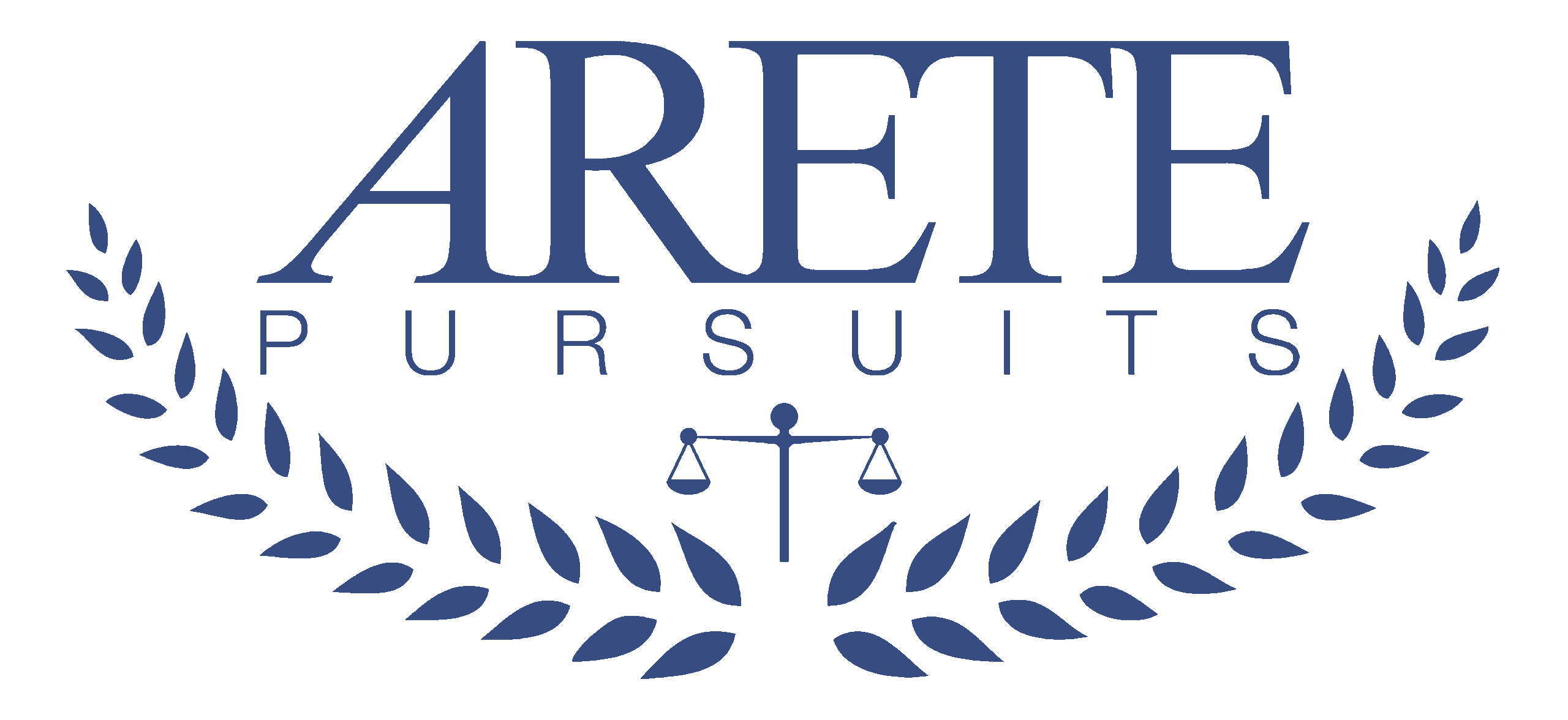When you think about meetings, what emotions arise? As a senior leader, I often played Tetris with my calendar, trying to squeeze someone into an already-packed schedule. According to Zippia, 24 billion hours are wasted yearly due to unproductive meetings.
What if meetings could be a magical experience for you? What if you found yourself routinely looking forward to meetings because they felt like a valuable use of your time? Today we’ll review some tactical tips to bring more magic into your meetings.
Define Clear Objectives
The number one best practice I hear for meetings is to have an agenda. While agendas can be incredibly helpful, a clearly articulated purpose for the meeting and desired outcomes are far more important.
With a clear purpose and outcomes:
- People know how to prepare.
- They know if they will add value.
- They know if they should suggest other attendees.
- They are more engaged in the meeting.
- You sometimes realize you don’t need a meeting at all.
Before you schedule a meeting, take a few minutes to think through the purpose and outcomes and include that with the invitation.
End Early
If your day is filled with meetings, you probably run from one session to the next without any opportunity to recenter or even take a bio break. You may have a cultural norm that being a few minutes late to a meeting is okay because people need time to transition. There is a better way.
Google and Microsoft have settings allowing you to shorten your meetings automatically. Rather than scheduling 30 and 60-minute sessions, you can automatically schedule 25 and 50-minute appointments. I wrote about how to set this up and provided a How-To video in an earlier blog post.
Of course, once you shorten your meetings, you must adhere to the shorter timeframe. If you schedule for 25 minutes and take the full 30, you aren’t doing anyone any favors (including yourself).
Another cultural norm to watch out for is the tendency to fill the available time automatically. Your meeting has a stated purpose and outcome. Once achieved, you’re done. Celebrate when you finish early and reward everyone with the gift of reclaimed time!
Limit Participants
Do you have one of those meetings where the number of people invited is twice as many as you need? I saw this problem throughout my career. A meeting invite goes out to a small number of people, and it gets forwarded to their bosses and peers, and before you know it, the meeting has been bloated to an unmanageable size. On top of this, with that many participants, the people you actually need sometimes elect to stop coming because they assume someone else is covering them.
If you have a meeting like this, you need to reboot it with the critical few participants that add value to this meeting. I often find the biggest reason for the bloat is FOMO (Fear Of Missing Out). Many participants don’t want to come and likely plan to “multi-task” while there but are concerned they will miss an important decision if they aren’t present. Commit to publishing the meeting’s key decisions and action items to all interested parties to solve this. If this isn’t your strength, make sure you have a delegate who is good at it in the meeting.
With the commitment to update everyone on the results, and a list of the essential participants, delete the bloated meeting. When you send out the new meeting, set the option to disallow forwarding. If someone decides to invite someone else, they must clear it with you first.
Stop Recording
Another increasingly popular technique to deal with FOMO is to record every meeting for the people who could not attend. Sometimes this is valuable, but I encourage you to think twice before you hit the record button. If you’ve developed the best practice of documenting critical decisions and action items, that should be sufficient for the absent person. I always cringe when I talk to someone who goes on a week’s vacation and expects somehow to watch the recordings of all the meetings they missed while they were on vacation. That’s the kind of behavior that has people saying, “I had a great vacation, but I’m paying for it now.” Save these people from themselves. Please give them the executive summary.
Just Say No
If your calendar is overflowing with meetings, you must take a good hard look at your calendar. When I work with clients, we often find bloated meetings they shouldn’t attend. Perhaps they aren’t comfortable fully delegating the meeting to a direct report. Or they have their own FOMO about missing a particular meeting. Or even more often, I find that people accept every meeting they are invited to without question.
If this sounds like you, it’s time to set some boundaries. What are your top goals? Does this meeting align with one of those top goals? If not, why are you attending? Here are some ways to start clearing your calendar:
- Delegate. Have a direct report attend the meeting. Give them clarity about how you expect them to represent the team perspective and what information you want them to report back to you after each meeting. Ask what support or clarification they need to be successful.
- Decline. If this meeting doesn’t align with your top goals, politely but firmly decline. The best leaders don’t do everything everyone asks them to do. They focus on the things that best align with the company’s goals.
- Release. If you have FOMO about a particular meeting but don’t need to be there, let it go. Ask the leader to communicate critical decisions and action items.
Make Meetings Magical
Meetings don’t have to be painful. They don’t have to be boring. They should never be a waste of time. If you are leading a meeting and feel like it’s a “necessary evil,” I invite you to shift your perspective. What would make this meeting magical? What meeting outcome would leave each participant feeling like they look forward to the next meeting like this one?
Devote some time and energy to building trust with the team and encouraging productive conflict. Actively manage the conversation to make sure every voice is heard. If a few members tend to dominate the conversation, make them speak last. If someone is quiet, invite them into the conversation.
Celebrate
You will find more magic in your meetings as you practice some of these techniques. I remember when I reached the point in my career where I shifted from meetings as a necessary evil to the perspective that meetings were essential for getting things done. With this shift, my attitude toward meetings changed. When you have a great meeting, celebrate it! Figure out what made it great, and make sure you repeat that in the future.
Putting It Into Practice
Try these steps to put some more magic in your meetings:
- Have a clearly articulated purpose and outcomes.
- Shorten your meetings to give people time between them.
- End meetings early.
- Reboot meetings with a bloated participant list.
- Stop recording your meetings.
- Say No to meetings that aren’t a good use of your time.
- Foster active participation from everyone in your meetings.
Want to comment? Join the conversation on LinkedIn.

